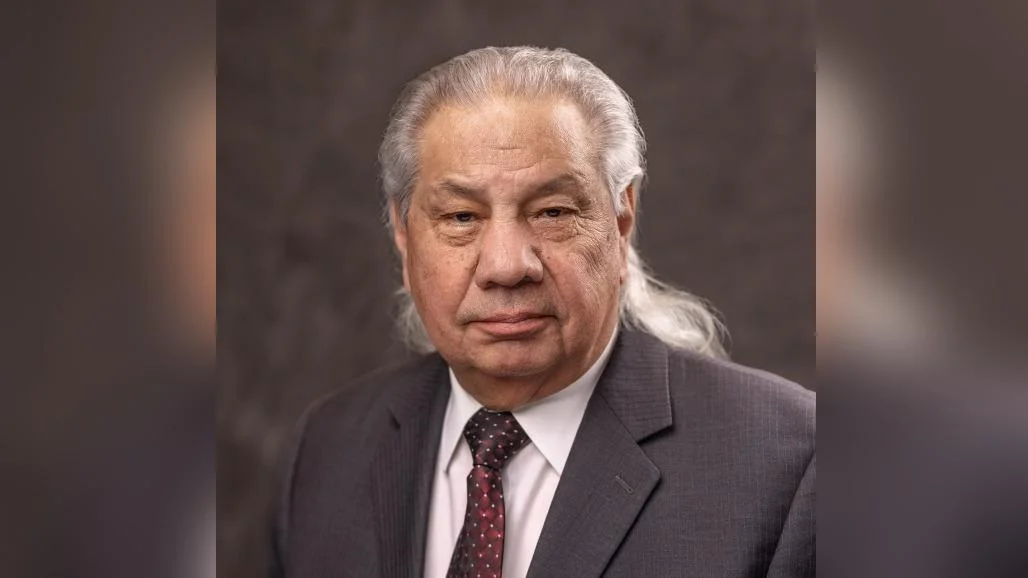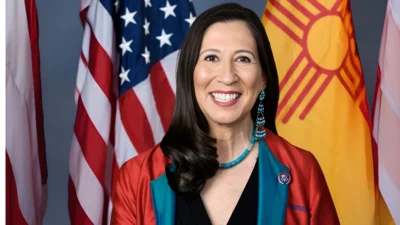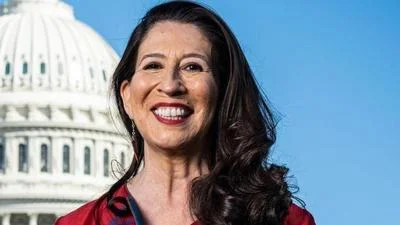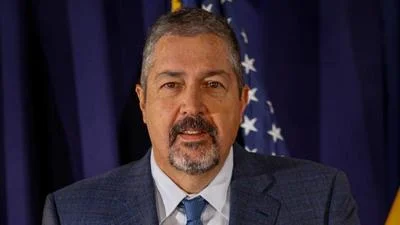Native organizations have submitted an amicus brief to the U.S. Supreme Court in the case of Landor v. Louisiana Department of Corrections, focusing on the rights of incarcerated Native people and the protection of Native religious practices. The National Congress of American Indians (NCAI), represented by the Native American Rights Fund and general counsel, along with Huy and United South and Eastern Tribes Sovereignty Protection Fund, represented by Hobbs, Straus, Dean, and Walker LLP and general counsel, filed the brief on September 3, 2025.
The brief supports Mr. Landor, a practicing Rastafarian who was required to cut his dreadlocks while in a Louisiana prison. It argues for strong remedies when religious freedoms are violated in prison settings.
Wearing unshorn hair is described as an ancient and significant religious practice for many Native peoples. This practice is not only important on its own but is often necessary for participation in other religious ceremonies. Historically, forced haircuts were used as part of federal policies aimed at assimilating Native peoples during the late 19th to mid-20th century.
Currently, more than 29,500 American Indians and Alaska Natives are incarcerated in the United States. The organizations argue that allowing religious engagement among incarcerated Native people aids rehabilitation and lowers recidivism rates. Forced haircuts are said to strip individuals of their identity and place a substantial burden on their ability to practice their religion. The act also recalls a history where such measures were used to undermine Native communities and identities.
“As we see in Mr. Landor’scase, some of the most upsetting religious injuries suffered by incarcerated people are inflicted by the individuals who supervise them on a day-to-day basis. Recognizing that the law provides for financial damages in lawsuits against those individuals can help prevent unlawful conduct and protect religious freedom, which can be important for people seeking to live full, healthy lives,” said NARF Staff Attorney Sydney Tarzwell.
The National Congress of American Indians is identified as the oldest and largest national organization representing American Indian and Alaska Native interests. Huy is described as a nonprofit focused on enhancing opportunities for imprisoned American Indians, Alaska Natives, and Native Hawaiians related to religion and culture. United South and Eastern Tribes Sovereignty Protection Fund serves 33 federally recognized Tribal Nations from various regions across the eastern United States with efforts aimed at strengthening Tribal governments and improving quality of life.








